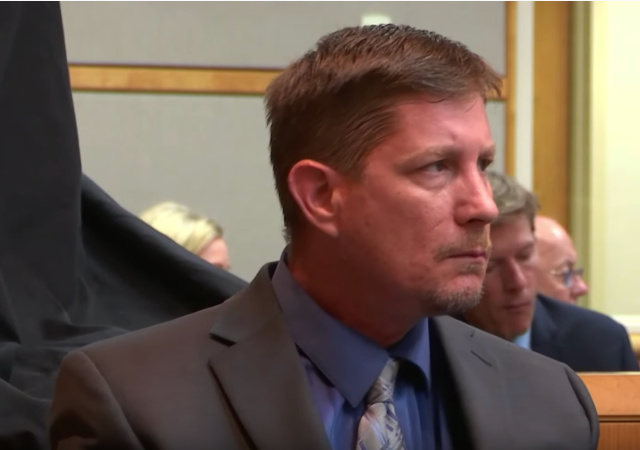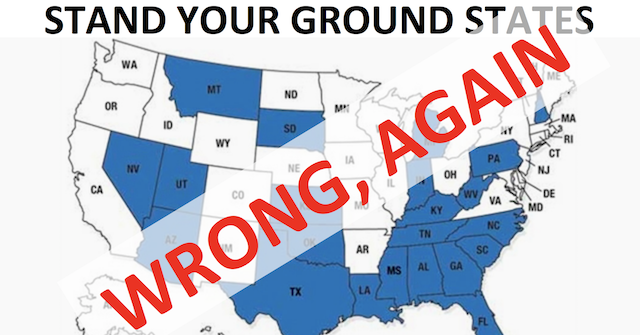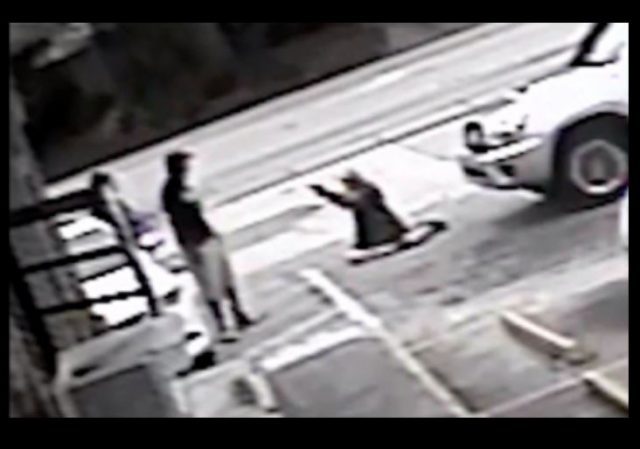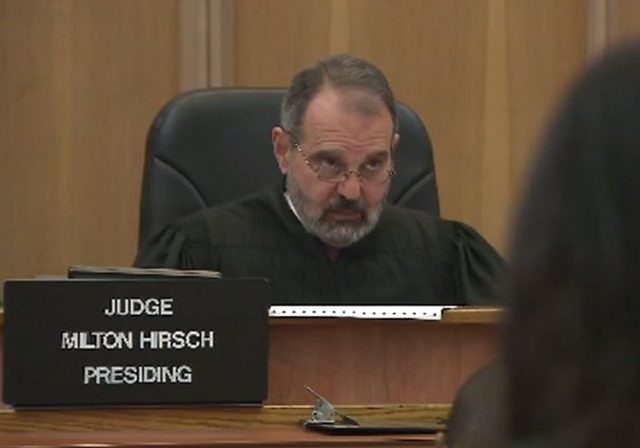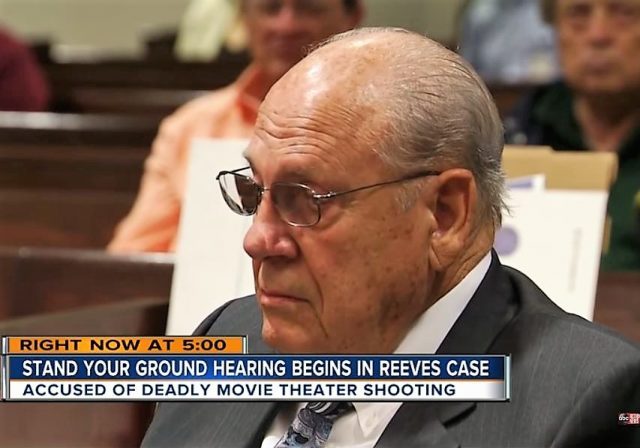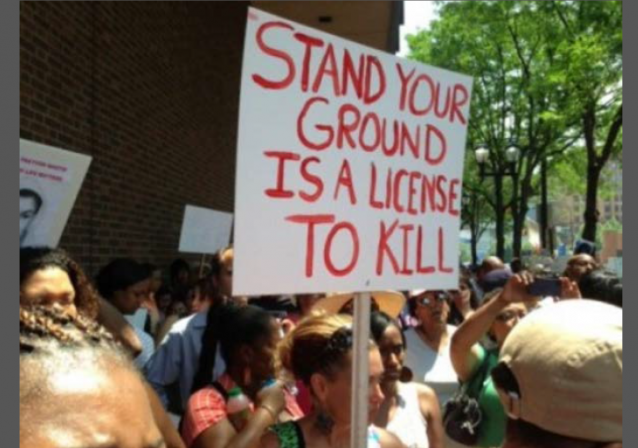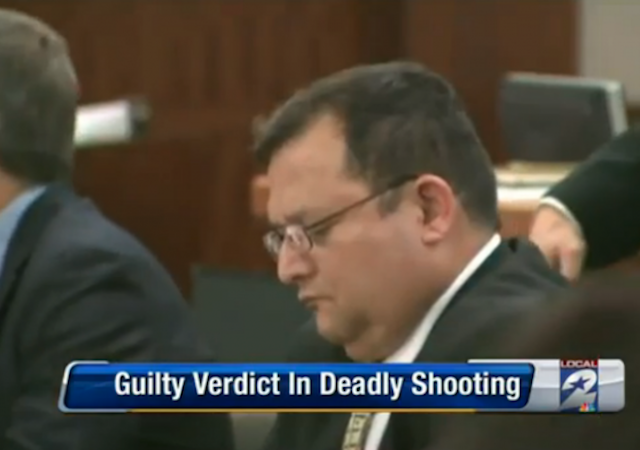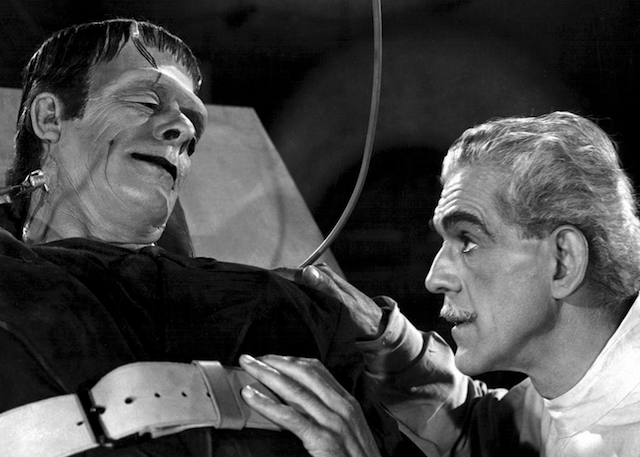This past Monday we wrote about the start of the re-trial of retired firefighter Raul Rodriguez who was previously convicted of murder and sentenced to 40 years in jail after shooting a neighbor over a dispute about the neighbor's noisy party. Rodriquez had claimed self-defense justification for the killing. That prior post can be found here:
Retrial Begins for Firefighter Who Selfied “Stand-Your-Ground”
That re-trial ended yesterday with the jury returning a verdict of guilty of murder after three hours of deliberation,
reports the Houston Chronicle.
Rodriquez first murder conviction in this case was overturned because of a somewhat subtle error in the jury instructions on self-defense, as covered in some detail in a post last December,
New Trial for Man Who Video Recorded Own “Self-Defense” Shooting. No one knew, of course, whether the mistaken jury instruction had led the first jury astray and resulted in an improper guilty verdict, but a defendant is entitled to correct jury instructions and so a re-trial was ordered on appeal.
This second conviction seems completely unrelated to the concerns surrounding the first--an issue of the timing of when Rodriquez may have openly displayed his concealed carry pistol--but instead focuses strictly on the issue of provocation.
"This case is about provocation, pure and simple," prosecutor Kelli Johnson told jurors in closing arguments earlier in the day. "The law doesn't allow you to create a situation and then claim self-defense."

